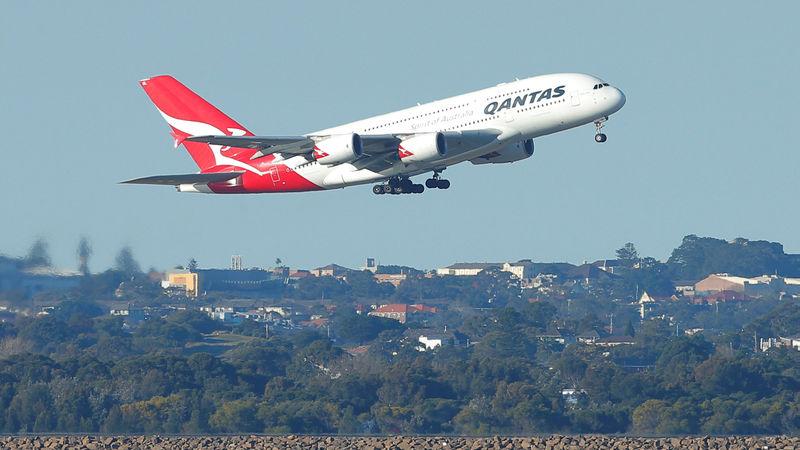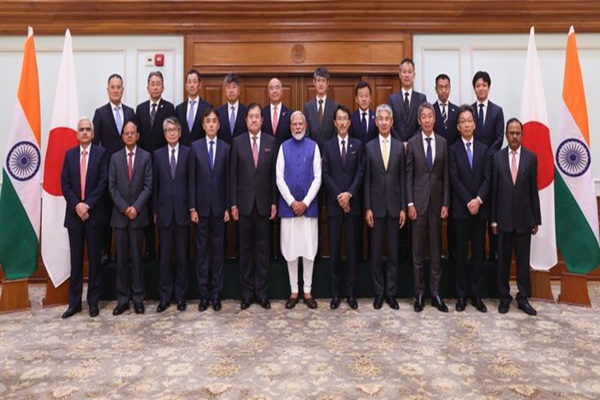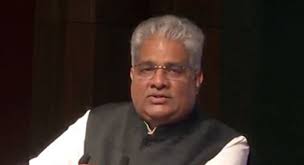Qantas issues apology, refunds to millions of customers
Mon 22 Aug 2022, 13:17:03

Canberra: Australia’s flag carrier Qantas has issued a formal apology and refunds to millions of customers as it seeks to regain public confidence following months of delays and operational blunders.
“On behalf of the national carrier, I want to apologise and assure you that we’re working hard to get back to our best,” Qantas CEO Alan Joyce said statement.
Joyce has been under intense scrutiny as the airline has suffered severe worker shortages, mass cancellations and delays of flights, and misdirected luggage, reports Xinhua news agency.
Alongside the statement, the CEO sent a video message to frequent flyers saying despite “good reasons” for the operational problems, including staff shortages due to the Covid-19 pandemic, a tight labour market and extreme weather in eastern Australia, it was still not good enough.
In addition to the apology, the airline would issue A$50 ($34) vouchers for flights between Australia and New Zealand, the extension of frequent flyer bonuses, and the extension of frequent flyer rewards.
The airline would be rolling out a
series of initiatives to overcome the operational hurdles, which has included the hiring of 1,500 new workers since April, and A$15 million of investment to help smooth customers’ travel experience.
series of initiatives to overcome the operational hurdles, which has included the hiring of 1,500 new workers since April, and A$15 million of investment to help smooth customers’ travel experience.
In 2020, the airline outsourced its baggage handling workforce which resulted in 1,700 redundancies.
The move was deemed a breach of Australia’s work regulation by the Federal Court, and has been seen by many as a reason behind its struggle to meet the return of aviation demand.
The Transport Workers’ Union (TWU), representing workers in the industry made a call for Joyce to resign and criticised the move as the CEO trying to “buy off forgiveness”.
TWU national assistant secretary Nick McIntosh told the local media on Monday that the once great airline which was known for providing secure, quality jobs had trashed its reputation during the pandemic.
“Qantas needs a reset and that’s got to start at the top … we need to put an independent body in place that’s got the capacity to look at all the underlying issues in this industry.”
No Comments For This Post, Be first to write a Comment.
Most viewed from Business
AIMIM News
Delhi Assembly polls: Owaisi leads Padyatra in Okhla
Feb 01, 2025
We reject this Waqf Amendment Bill: Asaduddin Owaisi
Jan 30, 2025
Latest Urdu News
Most Viewed
May 26, 2020
Which team will win the ICC Men's Champions Trophy 2025 held in Pakistan/Dubai?
Latest Videos View All
Like Us
Home
About Us
Advertise With Us
All Polls
Epaper Archives
Privacy Policy
Contact Us
Download Etemaad App
© 2025 Etemaad Daily News, All Rights Reserved.






























